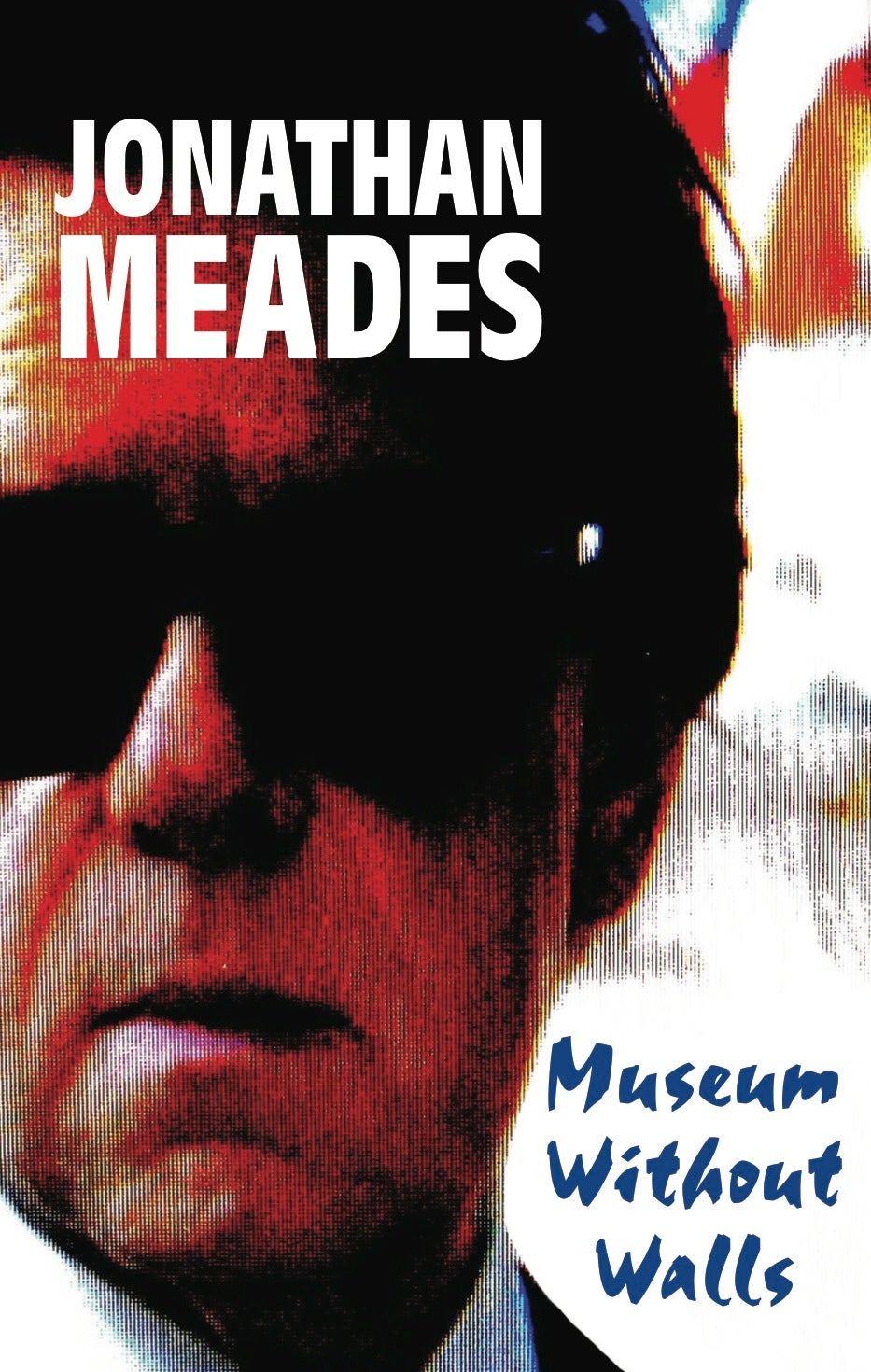
Your support helps us to tell the story
From reproductive rights to climate change to Big Tech, The Independent is on the ground when the story is developing. Whether it's investigating the financials of Elon Musk's pro-Trump PAC or producing our latest documentary, 'The A Word', which shines a light on the American women fighting for reproductive rights, we know how important it is to parse out the facts from the messaging.
At such a critical moment in US history, we need reporters on the ground. Your donation allows us to keep sending journalists to speak to both sides of the story.
The Independent is trusted by Americans across the entire political spectrum. And unlike many other quality news outlets, we choose not to lock Americans out of our reporting and analysis with paywalls. We believe quality journalism should be available to everyone, paid for by those who can afford it.
Your support makes all the difference."The banal is a thing of joy," writes Jonathan Meades in his introduction to Museum Without Walls, a collection of essays, observations and screenplays.
If you have an eye for the neglected, the overlooked, those spaces and places in between “destinations” to which artists, poets and psychogeographers are forever trying to draw our attention, it’s a sentiment that contains a profound truth.
Still, I’m not sure I altogether believe in Meades’s sincerity. He takes, for instance, an entire page to list the many banal things that bring joy when strewn across the terrain vague (there’s no equivalent in english, wasteland being “pejorative and lazy”).
These are: “Supermarket trolleys in toxic canals, rotting foxes, used condoms, pitta bread with green mould, ancient chevaux de frise, newish chevaux de frise, polythene bags caught on branches and billowing like windsocks…” He builds a baroque literary monument to urban entropy and decay, adjective by adverb, until it all threatens to crash down.
He might be exaggerating for the sake of a bit of poetry. But his wordiness starts to pall. There is too much swagger and pose in his prose. It begins to have the opposite effect to that which is intended. Meades loves words and he cannot kill his babies. There’s also an awful lot he hates.
He hates the “cretinocracy” who work in television, and he hates architects, on the whole. You can’t argue with much of what he’s saying – architects do have many of the faults he identifies. At one point he even seems to be on the side of “the people”, with their nostalgia and sentimental longings, and expressions of horror at those who would erase whole cities in pursuit of the so-called purity of their visions.
James Stirling, the architectural grandee of the eighties, excites particular contempt. But he has architectural heroes, too, like the critic Ian Nairn, whose belief in the spirit of place Meades champions. As for his words, Meades will alight upon a turn of phrase that almost makes you forgive the literary pileups. But I do wish he’d kill a few more babies. We’d all feel better for it.
Order for £20 (free p&p) from the Independent Bookshop: 08430 600 030
Join our commenting forum
Join thought-provoking conversations, follow other Independent readers and see their replies
Comments